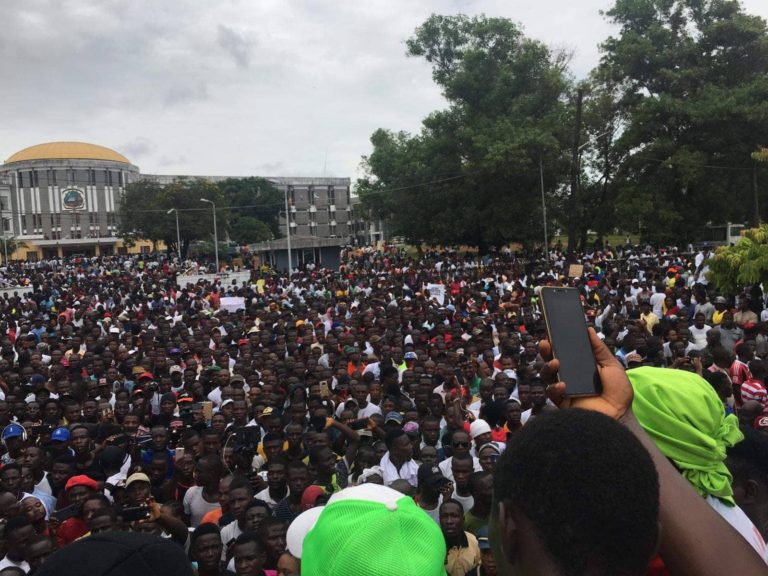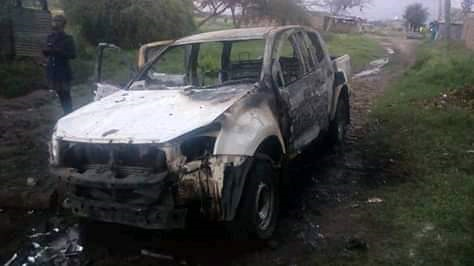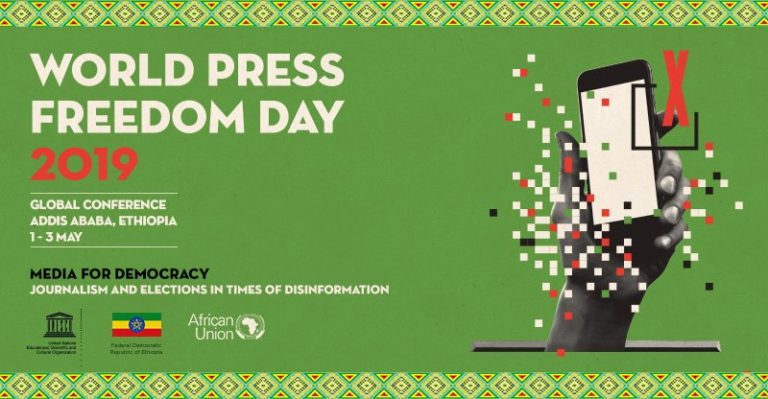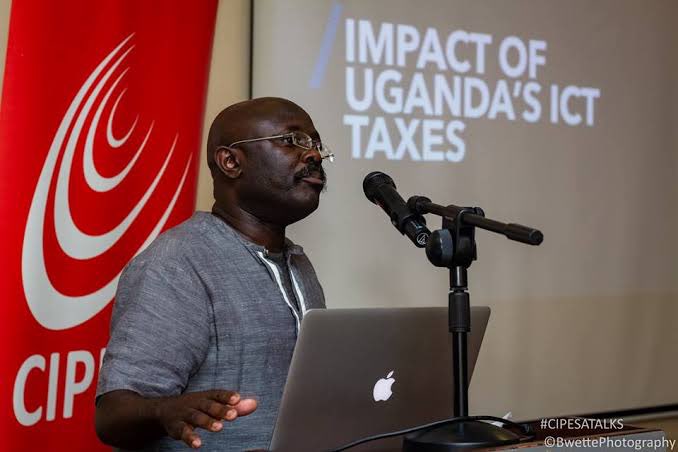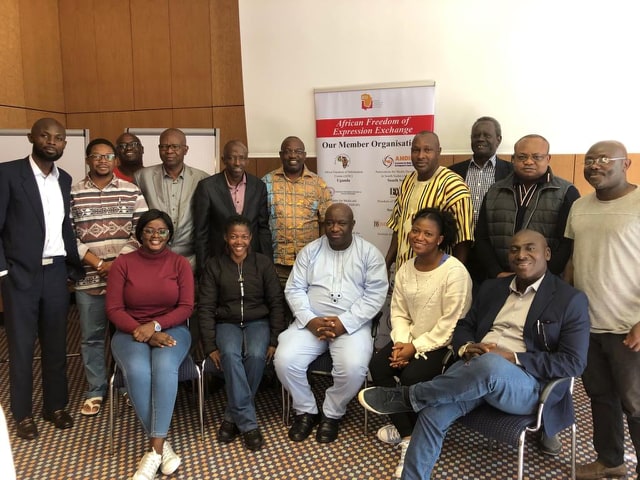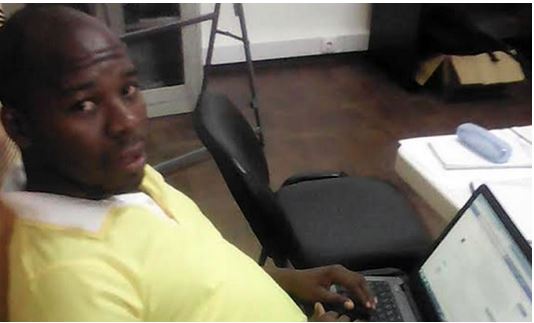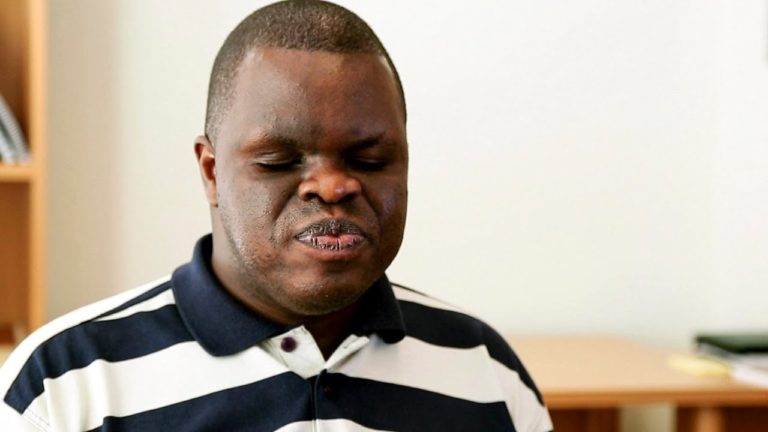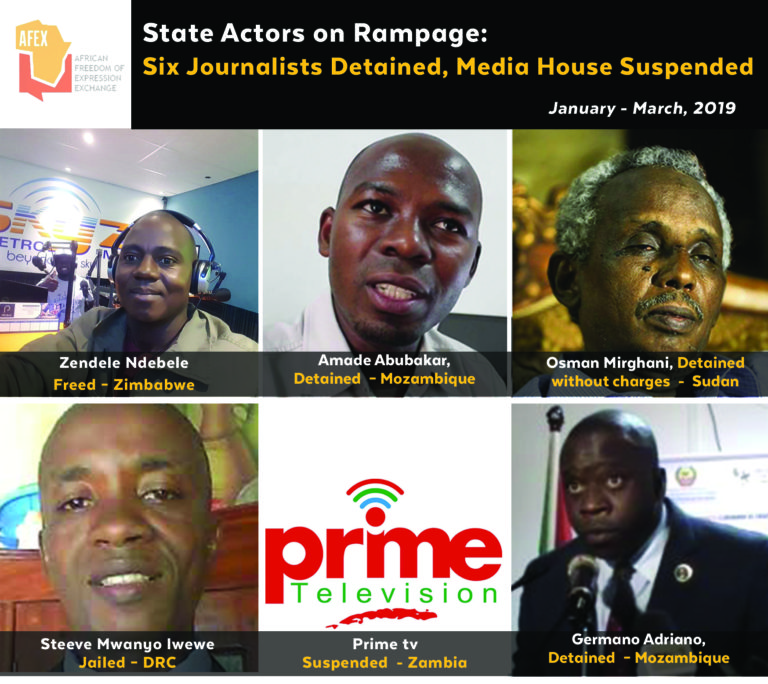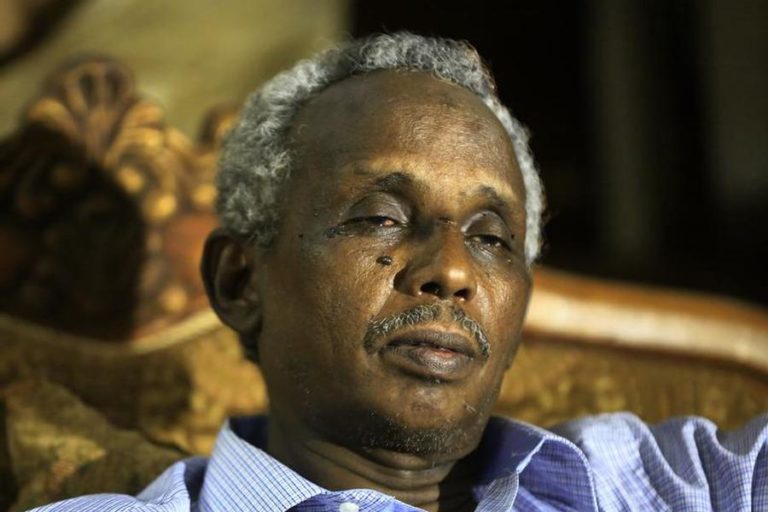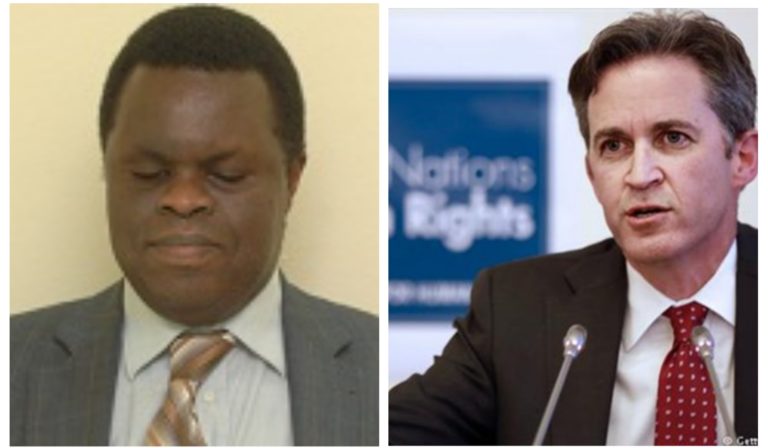The Liberian government on June 7, 2019 ordered Internet Service Providers (ISPs) in the country to block social media platforms including Twitter, Facebook, Instagram, Snapchat and messaging app WhatsApp on mobile devices, thus digitally cutting off about 4,028,418 (December 2018) Facebook subscribers in the country. The historic digital curfew was an attempt by the government to quell anti-corruption protests scheduled to take place on the same day.
However, not even the nationwide network disruption could stop thousands of Liberians to commune on the Capitol Hill, which houses the Seat of government, the National Legislature and the Judiciary where they presented a petition to the government. The protests which was dubbed “Save The State” was against alleged state corruption, bad governance and creeping dictatorship.
Over the years, the African Freedom of Expression Exchange (AFEX’s) monitoring has shown that several governments in Africa have resorted to Internet shutdowns to silent dissidents during important national events such as elections and public protests. Others have even shut down the Internet during examinations ostensibly to prevent cheating. These disruptions have been proven to have serious repercussions for the economy and daily activities of citizens.
AFEX spoke to a number of people who shared their experiences on how the shutdown, the first of its kind in Liberia, affected their daily activities.
Emmett Cooker, a student of Public Administration and graduate of the United Methodist University expressed his disappointment in what he described as “destructive” decision by the government to shut down all social media networks.
“Such act is anti-democratic and speaks to the high level of intolerance and unwillingness of the government to allow dissent” Emmett added.
Junior Roberts who operates a small internet cafe a few miles away from Monrovia told AFEX that:
“We have had enough in this country and our patience has run out with this government. Why will they close all the social media platforms in the county? When they were protesting for the past twelve years here in this country (referring to opposition protests against the former regime), did anyone ever shut down Facebook? It is unacceptable.”
Forgeb Kloh a practicing journalist and student of the University of Liberia’s Department of Mass Communication said she felt “really bad” because she was unable to talk to her family members out of Liberia.
She added that “it was unexpected; the Internet Service Providers (ISPs) should have informed us before carrying out such action, at least that little respect shown us subscribers would have been better. “
Not only did the shutdown affect ordinary citizens, it also affected media houses and the work of journalists who use these media platforms particularly, Facebook to publish news items in Liberia.
On the day of the protests, Liberia’s leading investigative newspaper, FrontPage Africa’s website and Facebook page were inaccessible for six hours for unexplained reasons.
The editor, Lenart Dodo expressed his frustration about the shutdown:
“Thousands of people in Liberia and the diaspora depend on our website and Facebook page for updates from Liberia. We believe this was a blatant disregard for free press and an attempt to suppress Freedom of Information”.
Prime FM’s News Director, Jutonu Kollie said the government ordered the shutdown to prevent protesters from updating the world about the protests.
“Little did I know that the Liberian government has shutdown the Internet system for fear that Anti-Weah protesters would have live-streamed and posted events or photos that could further exacerbate the protest,” lamented Kollie who also regretted some missed opportunities.
“These live videos and photos as well as updates from the protesting crowd would have afforded me the opportunity to apply for some international training programs and or receive compensations from these foreign entities.”
The Minister of Information, Cultural Affairs and Tourism, Eugene Nagbe confirmed that government had ordered the social media blackout over “security concerns.”
The social media shutdown was restored on the evening of June 7 after 12 hours .
As the citizens lament the disruption to their daily activities of the shutdown, the government and businesses must also be counting the cost of the blackout. According to the NetBlocks Cost of Shutdown Tool, which estimates the economic impact of internet shutdowns or network disruptions, the 12-hour blockade of social media platforms in Liberia cost the country at least LD$17,781,180 (US$109,913). The cost breakdown is gathered using indicators from the World Bank, ITU, Eurostat and U.S. Census.





